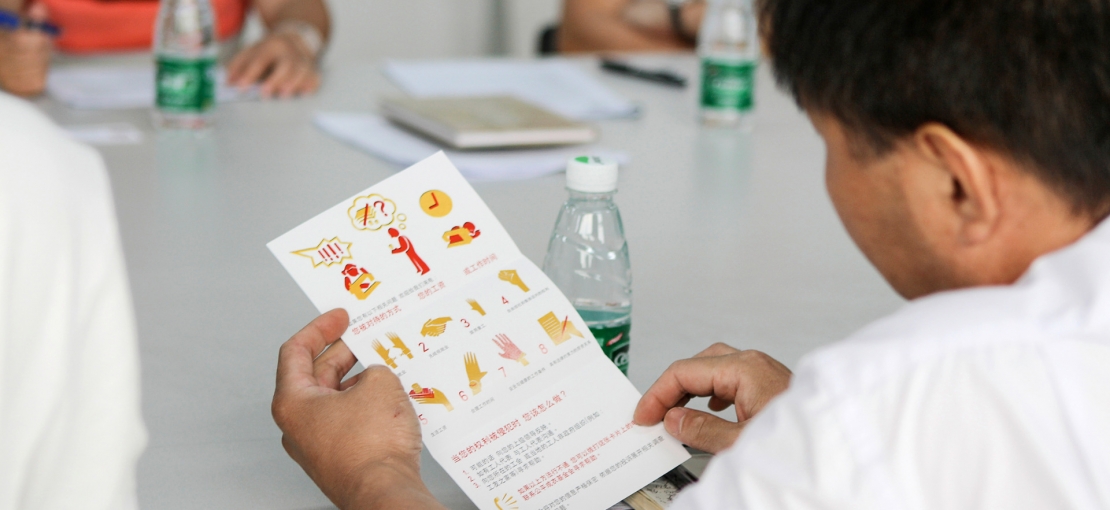In general, the risk of poor and inhumane working conditions in the textile industry is very high, especially in non-European countries.
In our major production centers in China and Vietnam, the textile and clothing industry plays an important role and is one of the largest export sectors. This creates an abundance of jobs.
At the same time, the sewing textile industry is very labor intensive. Additional price pressure from the outside, for example, from competition with developing countries such as Bangladesh and Cambodia, increases the risk that workers will be exploited through excessive working hours, low wages and pay, and neglect of occupational safety and health issues.
Forced labor and child labor are problems that are commonly associated with the textile and clothing industry. However, this is generally not the case in the manufacturing of outdoor gear due to the high technical and complex manufacturing processes required.
VAUDE generally maintains long-standing relationships with its producers. We rarely work with new producers. Therefore, we mainly focus on assessing and improving the working conditions at our existing partners. In all Fair Wear Foundation (FWF) audits, the producers are reviewed both in terms of labor practices as well as in terms of respect for human rights.
In 2013, a total of four producers in Vietnam and five producers in China were audited for the first time. Together these have a combined share of 21 percent of total expenditures for VAUDE products.
If we need new producers for strategic reasons, we have a guide and a system for evaluating potential new producers. Audits such as the FWF audits cannot be implemented as a pre-test, but the FWF does have a checklist for supplier evaluation, which we have integrated into our own checklist.
We use these FWF checklists along with our own checklist when we visit and evaluate a new producer’s production facilities for the first time. During this reporting period, we have not commissioned any new producers.





